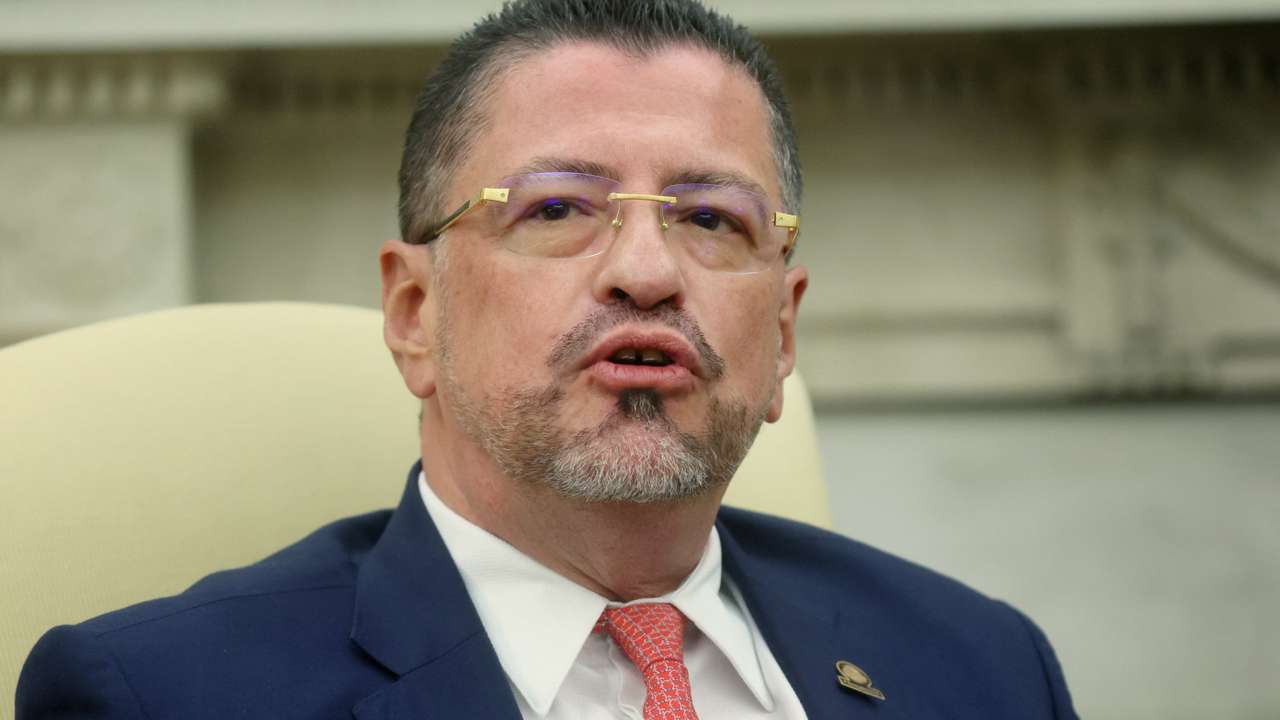Fathers in Costa Rica to enjoy paid paternity leave

Costa Rica is set to expand paid paternity leave for private sector workers under a proposed bill that would grant fathers one month off to care for their newborns, matching the benefit already available in the public sector.
Currently, private sector fathers receive just eight days of paternity leave, spread over four weeks. The proposed legislation, officially titled the Law for Paternity Leave in Costa Rica (File No. 25.049), aims to eliminate this disparity by amending Article 95 of the Labour Code to ensure equal leave for all fathers, regardless of employment type, The Tico Times report.
The bill, introduced by Congresswoman Luz Mary Alpízar Loaiza of the Social Democratic Progress Party, argues that unequal paternity leave violates the principle of equal rights.
“Parenthood should not depend on the type of employment,” she stated. “All children deserve the same support and presence from their fathers in the earliest days of life.”
Why it matters
This move comes amid growing concerns over demographic and social pressures in the country. According to the United Nations Population Fund’s 2025 State of World Population Report, 11% of respondents in Costa Rica cited unequal caregiving responsibilities as a reason for postponing or avoiding parenthood.
The report also noted a growing gap between desired and actual family size, influenced by economic and cultural constraints.
If passed, the law would impose penalties on employers who deny the leave, including an indemnity of six months’ salary in addition to standard labour rights. Supporters see the bill as a major step toward gender equality and shared parenting responsibilities, while critics argue it could burden small businesses.
Compared to regional neighbours like Chile and Uruguay, where paternity leave is more generous, and countries like Sweden that offer extended shared parental leave, Costa Rica’s private sector has lagged.
This proposed reform could bring the country closer to international standards for family support and gender equity.
This story is written and edited by the Global South World team, you can contact us here.